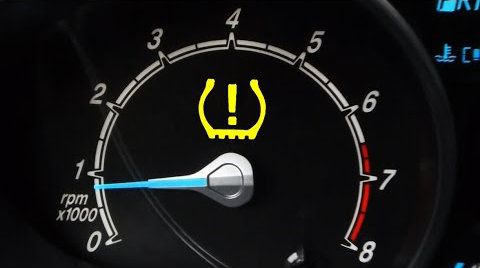TPMS (Tyre-Pressure Monitoring System) with Easy Garage
You can book this service online using our simple booking system
Get your TPMS Checked at Easy Garage
Do you have a TPMS light warning? Easy Garage can help

TPMS FAQ
TPMS constantly monitors tyre pressures using tyre sensors in all four tyres and alerts the driver with a visual and audio warning if there is any change in pressure or temperature.
On most vehicles, TPMS works via a sensor valve fitted in each wheel which sends a low-frequency signal to the car’s ECU giving information on tyre pressures and temperatures. If the tyre pressure drops by more than a few pounds (PSI), the sensor valve is damaged battery has expired.
Having TPMS fitted to your vehicle improves your safety, the system checks tyre pressure every few seconds reducing your chance of a blowout or accident related to incorrect tyre pressures. TPMS can also save you money as having the correct tyre pressure maximises tyre life and also helps improve fuel efficiency.
New vehicles fitted with TPMS and registered from 1st January 2012 will also have their TPMS system tested as part of the first MOT test carried out. This means if your vehicle falls into this category and the TPMS is not functioning correctly, you could fail your MOT test.
The first Tyre Pressure Monitoring System (TPMS) were equipped for premium vehicles in the early 1990s on models such as Mercedes S-Class, 7 Series BMW and the Audi A8. TPMS are now common fixtures in Peugeot and Citroen models with many other popular vehicles and estimated that by 2013, around 6 million cars in the UK are equipped with TPMS.
New EU legislation requires all new models of passenger cars sold in the EU to have a TPMS system installed from November 2012 and every new car from 2014. New vehicles fitted with TPMS and first registered from 1st January 2012 will have their TPMS system tested as part of the first MOT test the vehicle has carried out.
The legislation has been driven by environmental concerns as part of the EU’s commitment to reducing CO2 emissions, as well as safer motoring.
- 20 million litres of unnecessary fuel consumed
- 2 million tonnes of CO2 emissions
- 200 million prematurely worn tyres
- 9% of accidents involving fatalities
- 41% of accidents involving injury
